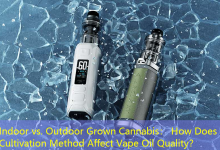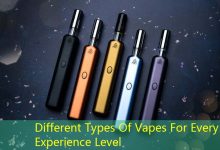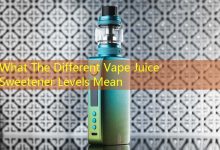Zomwe maluso osiyanasiyana amakongoletsa njira zabwino
The cultivation of hemp has witnessed a renaissance in recent years, Kulimbikitsidwa kwambiri ndi ntchito zosiyanasiyana pamakampani, kuphatikiza msika wopitilira muyeso wa e-ndudu. Kuzindikira njira zosiyanasiyana njira ndikofunikira kuti mudziwe mtundu wa hemm, kuphatikiza mafuta omwe amagwiritsidwa ntchito mu ndudu zamagetsi.
Hemp Cultivation Methods
Several methods for cultivating hemp exist, makamaka m'magulu mwa organic, wachibwana, ndi ma hydrovonic machitidwe. Kulima kwa organic kumadalira pa feteleza wachilengedwe komanso njira zogwirira ntchito, kuwonetsetsa kuti zachilengedwe zochepa komanso nthawi zambiri zimakhala zabwino kwambiri. Njira Zachilengedwe, Pomwe mukufikika, Zitha kuphatikizapo zopangidwa ndi mankhwala ndi feteleza, bwino kunyalanyaza. Kulima Hydrovonic, Kugwiritsa ntchito njira zopatsa thanzi, allows for year-round growing conditions and superior control over plant growth, producing high-potency hemp that is ideal for e-cigarettes.
Mawonekedwe a malonda
Hemp products derived from these various cultivation methods can differ significantly. Organic hemp typically boasts a higher concentration of cannabinoids and terpenes, enhancing flavor and therapeutic potential during vaping. Hydroponically grown hemp may have a faster growth cycle and controlled cannabinoid profiles, catering to user preferences for specific effects. Mosiyanasiyana, conventionally grown hemp might be more affordable but could compromise on purity and effectiveness.
Zochitika Zogwiritsa
When it comes to user experience, vapers often report that oil derived from organically grown hemp provides a smoother and more flavorful inhale, thanks to the rich natural terpenes. Hydroponic oils are noted for their potency, delivering impactful effects quickly. Users of conventional hemp oil may find it effective but often cite a lack of flavor depth and a harsher vaping experience.
Kuyerekeza ndi opikisana nawo
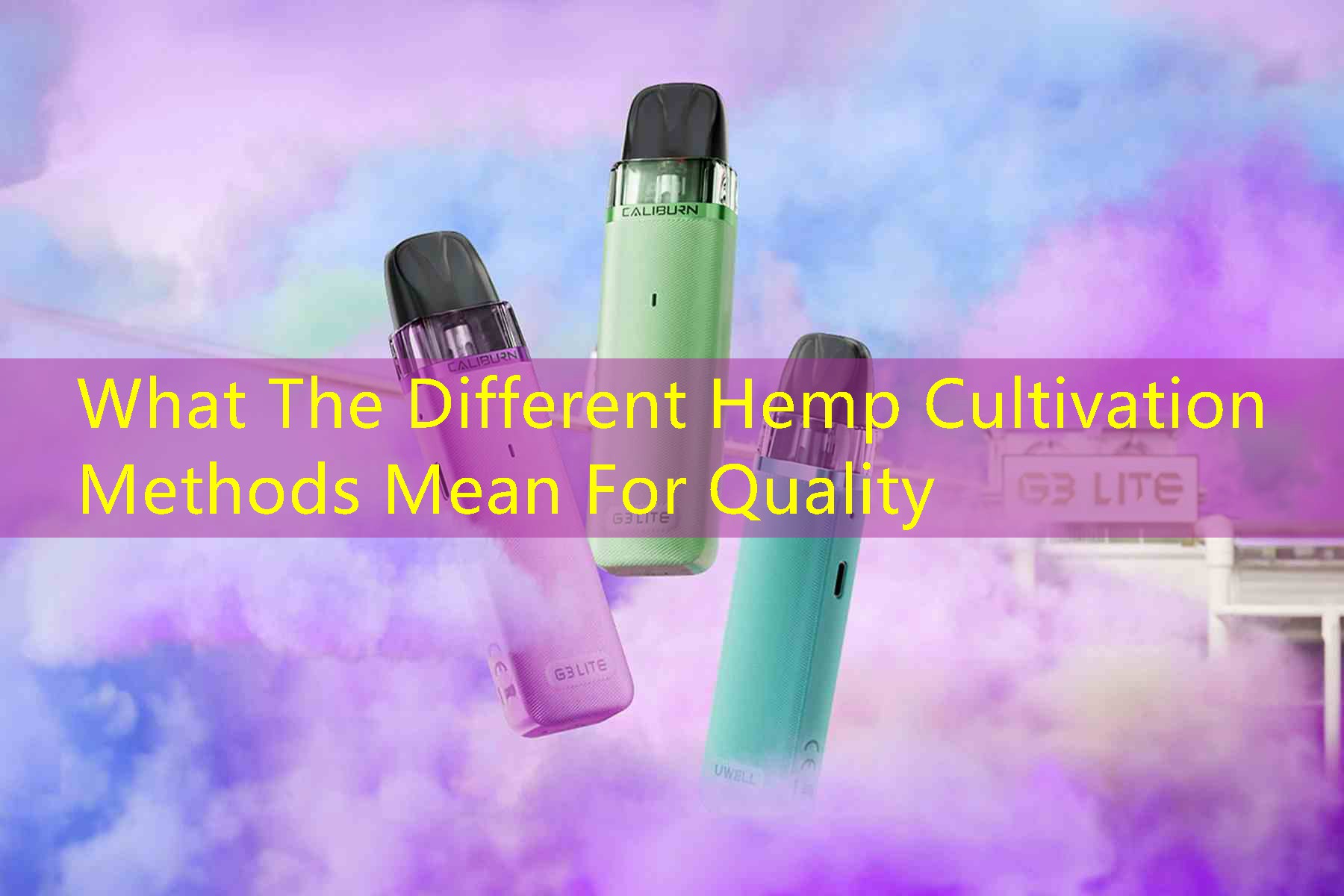
In the saturated e-cigarette market, products derived from organic and hydroponic hemp cultivation stand out against conventional competitors. Organic oils often command a premium price due to their rigorous cultivation standards and perceived health benefits. Hydroponic products appeal to tech-savvy consumers looking for high potency and consistent dosing. Traditional competitors may attract budget-conscious users but risk alienating those seeking quality over price.
Zabwino ndi zovuta
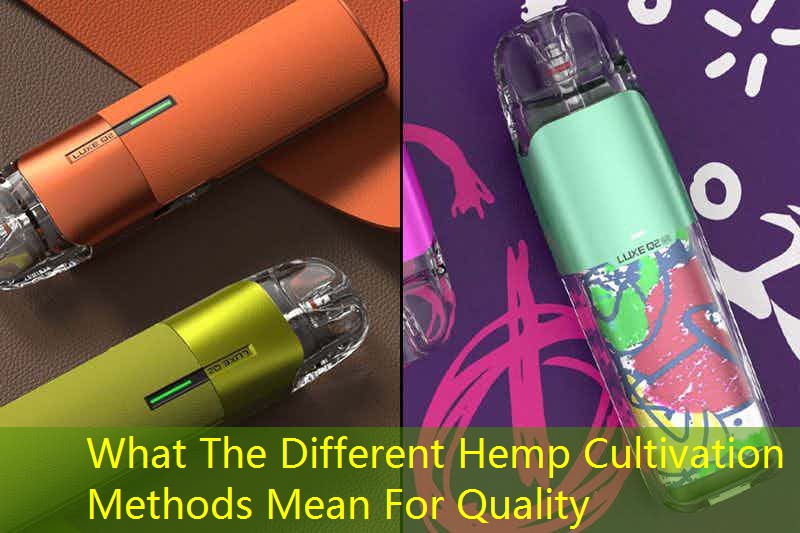
The advantages of organic cultivation are numerous, including sustainability, quality assurance, and improved user experience. Komabe, the downsides include higher costs and sometimes limited availability. Hydroponic methods, while technologically advanced and efficient, can also bear a higher price tag and might lack the environmental benefits of organic farming. Conventional cultivation, being the most cost-effective, faces criticism over quality inconsistency and potential pesticide contamination.
Cholinga cha Ogwiritsa Ntchito
The primary target users for hemp-based e-cigarette products encompass health-conscious individuals, including millennials and Gen Z consumers who prioritize organic and high-quality ingredients. Shoppers seeking specific effects and enhanced experiences gravitate towards hydroponically grown options. Pakadali pano, budget-focused users might lean towards conventional products, although they may be less concerned about health implications.
Understanding the implications of different hemp cultivation methods on quality allows consumers to make informed choices, enhancing their vaping experiences and aligning their purchases with their values and preferences.
